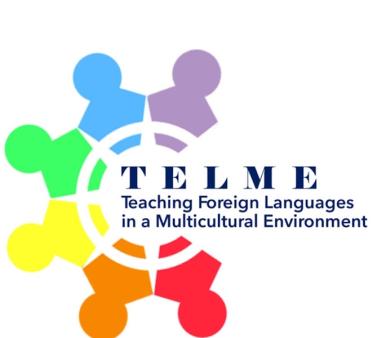There are two pathways in this degree:
-
Careers in Sociology, Research and Study (METSO)
-
Social Dynamics and Territories (DYSOTE)
Objectives
METSO pathway:
Designed to train research managers for research departments, organizational diagnosticians and assessors (social or cultural establishments, public social or cultural services), Human Resources (HR) department researchers, R&D research assistants in large corporations, research assistants in research laboratories and students furthering their studies with a PhD. These industry professionals will be able to respond to a need for sociological intervention, whether in the assessment of institutions or systems, participatory project management or action research. Students are thus trained in the various skills required by many private and public stakeholders both in terms of organizational knowledge and knowledge of sociological interventions in organizations and in terms of knowledge of populations, their needs, their collective organization modes and the specific problems they encounter and which require organizational support. Students are also trained in project assessment and management in organizations. The course lecturers have links with a number of research firms, providing a great resource for trainees and for teaching.
DYSOTE pathway:
Designed to train future senior managers responsible for territorial assessment or planning projects or for local development projects, research directors in territorialized public action and territorial development project managers for companies and non-profit associations. This training has a common base with the METSO path but differs in its use of sociological tools to examine territorial dynamics. More specifically, students are trained in territorial diagnostic tools, project management in multifactor settings and multicriteria socio-spatial analysis to enable them to understand territorial dynamics and develop projects. As these themes are addressed in the LiRIS and ESO research laboratories, organizations that can host trainees and provide teaching resources, including the voluntary sector, local authorities and private companies, are readily available.
Skills
-
Developing territorial diagnoses and population knowledge respecting the methodological processes of sociology;
-
Producing and applying knowledge that requires proficiency in processing qualitative and quantitative data, collective data construction and writing and using professional documents;
-
Responding to a social demand, valorizing the results according to study sponsor requirements;
-
Knowing how to conduct a study or a project, learning how to engage stakeholders, leading a group, negotiating content while respecting deadlines;
-
Using knowledge to analyse social dynamics within a professional, organizational or institutional context;
-
Mobilizing acquired skills in order to take action, knowing how to position oneself in a professional context, being able to take a critical look at one’s own professional practice and to develop and take innovative actions.
Course Content
The two pathways are completely shared in M1. In M2, they differ slightly but still share around 50% of their respective teachings. In year 1, the focus is on acquiring transversal skills in both pathways. Students specialize in M2.
In addition, the two pathways share a number of modules with other specializations:
-
M1: 42 hours shared with the Engineering and Social Development specialization
-
M2 METSO pathway: 10.5 hours shared (research methodology) with the Engineering and Social Development specialization
-
M2 DYSOTE pathway: shared with the Urban Planning and Development, Social Dynamics, Regional Development (DYSATER) specialization




